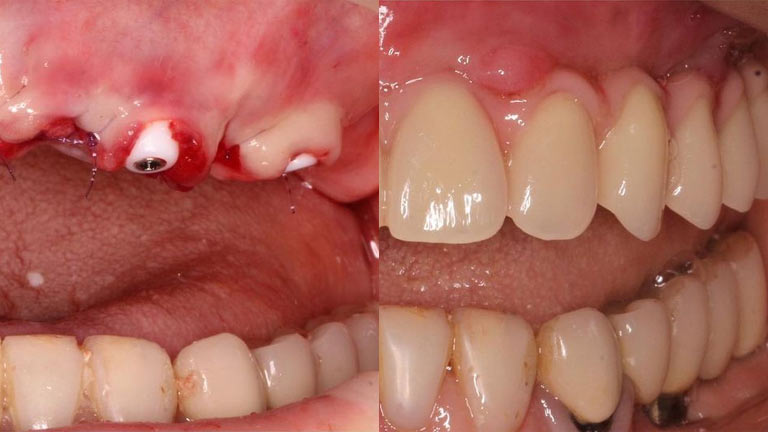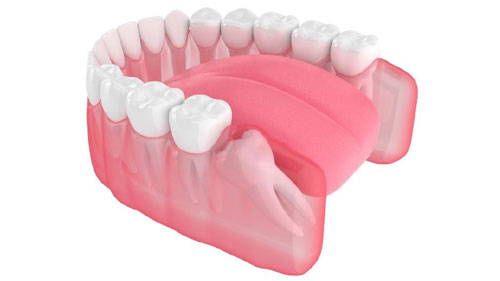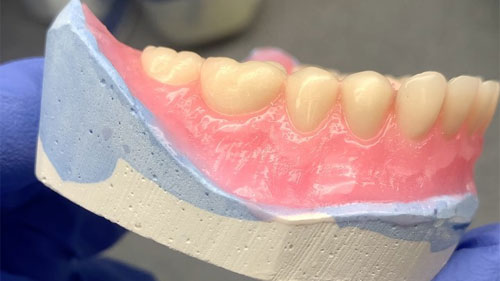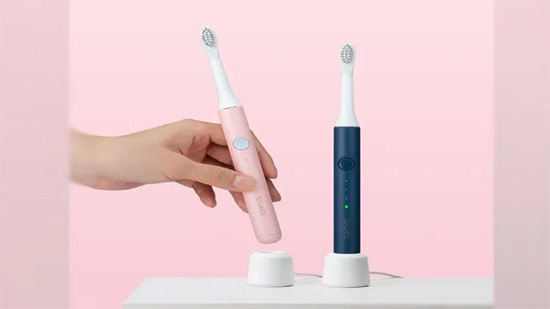
When it comes to missing teeth, dental implants can be one of the greatest options one can look for. It resembles a replacement for natural teeth. The dental implant is usually a procedure where the dentists integrate tiny titanium into the jawbone serving as an artificial tooth root.
Once the surgery is operated successfully, the patients should be anticipating some quite normal side effects. These side effects usually consist of swelling, discomfort, or minor pain sometimes but nothing serious.
One of the most frequently asked questions is how long the swelling lasts after dental implant surgery.
How long does swelling last after a dental implant after surgery?
It is important to note that each person recovers at his own pace. Therefore swelling or inflammation may last shorter or longer for some than it does for other patients and it has nothing to do with the surgery, a successful one. It depends on the healing procedure that takes place after it.
Nevertheless, ordinarily, people should be expected to swell to last at least one week. A noticeable inflammation would take place commonly within the first two days post-surgery.
Within the first 24 hours, you will probably feel tired and scanty pain at the level of the surgical area. This is quite normal as the anesthetic is taking off its effect. The dentist will recommend you take some painkillers to make the recovery smoother and more comfortable.
Once you have past the first day, you will start noticing some swelling, you can use some cold compresses to make the swelling ease and wear off gradually. Generally, within the last 3 days of the week, the swelling area would reach its peak and then begin to completely fade away. You may feel a little pain sometimes but everything goes normal after removing the dental implant sutures.
By now, you can resume your normal activities. Yet, you should still take it easy on yourself and avoid strenuous physical experiences.
Rare titanium allergy
In some cases, some patients may experience or develop an allergic reaction to titanium post-surgery. The International Journal of Implant Dentistry report perceives that the signs related to a titanium rejection involve:
- Urticaria – a situation where red lumps on the surface or gum facade appear.
- Dehydrated, tender spots.
- Tissues surrounding the affected area become red aka Erythema.
- Swelling or discomfort.
- Bone damage.
Also, the reaction may result in the appearance of primary lymphedema correlated with yellow nails. This syndrome is usually an uncommon malady where the patient is exposed to yellow fingernails and may have some issues at the level of the respiratory mechanism.
It was also reported that rejection of titanium implants can be associated with other health illnesses, including diabetes and more. For this reason, it is quite crucial to review your dental implant procedures with your dentist as it is necessary to review your health records before proceeding with anything.
Now when it comes to examining titanium allergy, the primary thing one should consider is an out and about the assessment of the whole situation by a qualified professional or simply by your dentist. The only way to determine your sensitivity to titanium.
Your dentist will consider taking diagnostic examinations and analyses including allergy tests or blood draws, to evaluate if you are sensitive to Titanium or not. Your dentist may also escort a blood test to assess your hypersensitivity to metals. This is an efficient way of defining responsiveness to titanium and distinct alloys. The result is held by two dissimilar processes: one by using a radioisotope and one is gauging by microscope.
Depending on those tests and examinations, your dentist will determine what should be done to improve those symptoms. Usually, the removal of the implant is the first thing that lay be suggested as a solution.
Luckily, for those who are allergic to titanium, there are other available and accessible alternative implant elements and treatment choices that can be further consulted with your dentist after your examination.




